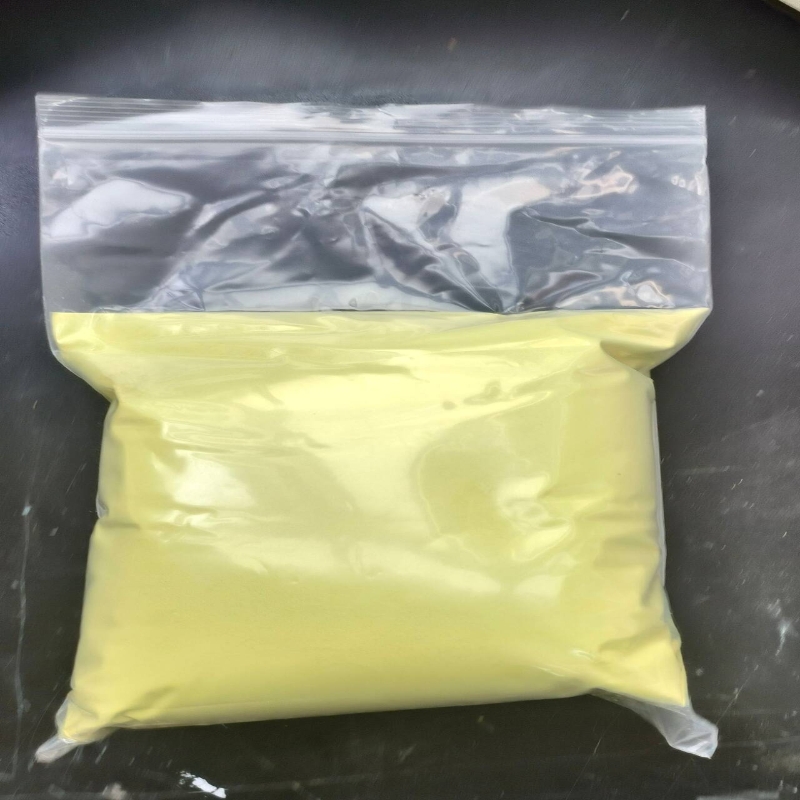-
Categories
-
Pharmaceutical Intermediates
-
Active Pharmaceutical Ingredients
-
Food Additives
- Industrial Coatings
- Agrochemicals
- Dyes and Pigments
- Surfactant
- Flavors and Fragrances
- Chemical Reagents
- Catalyst and Auxiliary
- Natural Products
- Inorganic Chemistry
-
Organic Chemistry
-
Biochemical Engineering
- Analytical Chemistry
- Cosmetic Ingredient
-
Pharmaceutical Intermediates
Promotion
ECHEMI Mall
Wholesale
Weekly Price
Exhibition
News
-
Trade Service
In the treatment options of covony disease (COVID-19), the recovering plasma has been used to a certain extent in many countries and regions of the world, and its clinical potential and challenges have been discussed, however, there has been a lack of evidence of large-scale trials.
observational studies have supported the potential clinical benefits of recovery plasma for COVID-19 in rehab, while small randomized controlled trials from China and the Netherlands have not come to strong enough conclusions due to early termination.
, the British Medical Journal (BMJ) published a randomized controlled trial (PLACID trial) from India in which plasma therapy failed to affect the risk of developing a severe illness or death in more than 400 patients with the disease.
Martin Landray, a professor at the University of Oxford and co-leader of the UK's RECOVERY trial, which explores a variety of new coronary therapies, said it was "the largest randomized trial of plasma in the healing period ever completed."
", the results have once again sparked much discussion about plasma therapy in the industry.
Screenshot Source: BMJ This is an open-label Phase 2 multi-center randomized controlled trial conducted in 39 hospitals across India, including 464 adult patients diagnosed with medium COVID-19.
of these, 229 patients in the control group received only the best standard of care, and 235 cases in the trial group received plasma during recovery (2 doses of 200 ml, with a 24-hour interval infusion) on the basis of the best standard care.
in addition to the more diabetics in the trial group (48 percent vs. 38 percent) and more cough symptoms (63 percent vs 73 percent) when admitted to the hospital, the clinical characteristics were similar in both groups.
the plasma came from 262 donors, the majority (94%) of whom were men, with an average age of 34.3 years, and the majority (94%) of those with mild illness, with a 41-day time between the plasma donation and diagnosis.
levels of the median antibody in the plasma were not measured in advance, and a post-analysis of the retained samples found that nearly two-thirds (64%) of the supplies had a median antibody titration greater than 1:20 and a median titration of 1:40.
in the main outcomes of the trial, 44 cases (19%) were randomly grouped and 41 cases (18%) in the control group developed severe illness or death, with no significant difference between the two groups. The
subgroup analysis produced similar results, and the benefits of plasma therapy were not observed in patients who became ill for 3 days or less at the time of hospitalization;
On the 0th, 3rd, and 7th days of treatment, the moderate antibody titration was similar in both groups of patients (Photo Source: Reference 1) secondary outcomes, and after 7 days, the patients in the trial group experienced faster relief of some symptoms, with shortness of breath and fatigue relief accelerating by 16% and 21%, respectively, but there was no significant difference between the recovery of fever and cough in both groups.
7 days, the test group had more patients with nucleic acid detection, speeding up by 20%.
, there was no difference between the time the two groups of patients received respiratory support, the average amount of oxygen intake, and the proportion of people receiving invased breathing.
anti-inflammatory effects were similar over 7 days, with no difference in levels between the two groups of patients, including inflammatory markers such as lactic acid dehydrogenase, ferroprotein, C-reactive protein, and D-D-djuster.
the WHO clinical efficacy score, there was no difference in scores between the two groups at any point in observation.
few non-life-threatening adverse events were reported in the trial, so the team concluded that plasma during infusion recovery was safe.
, in general, recovery plasma showed limited efficacy in patients with the disease in this trial.
researchers noted that some of the symptoms in the trial group were accelerated and nucleic acid results were earlier turned over to yin, consistent with other study evidence, supporting the basic hypothesis that recovery plasma could play a viral role, but still a long way from the goal of significantly improving clinical outcomes.
the researchers also noted that patients in the trial also had higher levels of median antibody titration than plasma donors, and speculated that younger plasma donors and lighter conditions may be the cause of this difference, noting that collecting plasma donation from young minor rehabilitation patients to older patients with moderate or severe antibody responses may not be beneficial, and that pre-testing the level of antibodies in plasma donors and subjects may help further clarify the effects of plasma therapy.
the trial had negative results, many experts thought it was too early to abandon the potential treatment option.
Dr. Arturo Casadevall, an infectious disease specialist at Johns Hopkins University, and Dr. Michael Joyner of the Mayo Clinic agree that earlier use of rehab plasma, use and higher levels of antibodies may lead to more positive and meaningful trial results, given that the trial began in April, when global knowledge of COVID-19 treatments was limited.
dr Martin Landray, of the University of Oxford, said that although the study was larger than other clinical trials, it may not have been large enough to show differences in benefits, and differences in responses between different types of patients remained a problem.
, he agrees that higher levels of meso-antibodies are needed, that plasma is ultimately a "mixture" and that not all antibodies are strong and effective antibodies that bind to the new coronavirus.
Currently, the UK's RECOVERY trial is also collecting the highest levels of antibodies in recovery plasma for trials, using plasma antibodies 6-10 times higher than the indian trial, which has reached more than 1,900 patients and will continue to recruit patients.
hope that larger, more rigorous trials of plasma during recovery will give us a further answer.
References. . . . . . . . . . . . . . . . . . . . . . . . . . . . . . . . . . . . . . . . . . . . . . . . . . . . . . . . . . . Convalescent plasma in the management of moderate covid-19 in adults in India: open label phase II multicentre randomized controled trial (PLACID Trial). BMJ, DOI: expert reaction to results from an open label phase II randomized control trial for convalescent plasma to moderate COVID-19. Retrieved October 30, 2020, from Blood plasma showed no benefit in Covid-19 patients in trial - a finding that can re-energize debate. Retrieved October 30, 2020, from




![2-(Hydroxymethyl)benzo[b]thiophene](https://file.echemi.com/fileManage/upload/cas/593/e79a972f-b55d-4dc1-9113-841c417e0a89.png)


